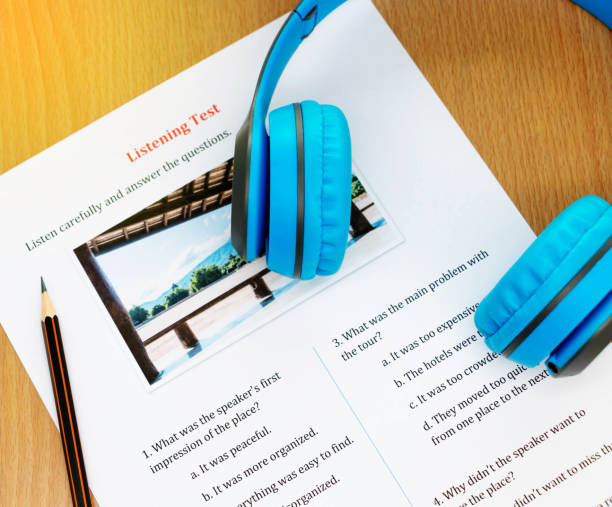Auditory learners process information best when it is presented through sound and speech. Here are some study strategies tailored for auditory learners:
1. Record and Listen:
- Record lectures, class discussions, or study notes using a voice recorder or smartphone app.
- Listen to recordings while commuting, exercising, or doing household chores to reinforce learning and review material.
2. Participate in Discussions:
- Engage in active discussions with classmates, study groups, or tutors to verbalize and process information verbally.
- Ask questions, explain concepts, and share ideas to deepen understanding and reinforce learning through dialogue.
3. Use Oral Repetition:
- Repeat key concepts, terms, or facts out loud to reinforce memory retention through auditory repetition.
- Practice reciting information in your own words or teaching it to someone else to reinforce comprehension and recall.
4. Listen to Audiobooks and Podcasts:
- Listen to audiobooks, podcasts, or educational audio content related to your coursework or interests.
- Use headphones or earphones to minimize distractions and focus on auditory input while listening to audio content.
5. Create Mnemonics and Rhymes:
- Develop mnemonic devices, acronyms, or rhymes to remember key information, formulas, or sequences.
- Create catchy tunes or jingles to memorize lists, vocabulary, or concepts through rhythm and melody.
6. Use Verbal Explanations:
- Explain concepts, theories, or problem-solving strategies out loud in your own words to reinforce understanding and memory.
- Teach concepts to a study partner, friend, or family member to solidify comprehension and identify areas of weakness.
7. Utilize Oral Learning Resources:
- Seek out audio-based learning resources, such as educational podcasts, audiobooks, and online lectures.
- Explore educational platforms that offer audio-based courses, lectures, and study materials designed for auditory learners.
8. Create and Listen to Study Playlists:
- Curate study playlists with instrumental music or background noise to create a conducive auditory environment for studying.
- Experiment with different genres, tempos, and soundscapes to find the optimal auditory environment for focus and concentration.
9. Practice Active Listening Skills:
- Develop active listening skills by focusing on spoken instructions, lectures, or audio content without distractions.
- Take notes or summarize key points while listening to spoken information to reinforce comprehension and retention.
10. Use Verbal Memory Aids:
- Create verbal memory aids, such as mnemonic phrases, alliteration, or rhymes, to remember sequences, formulas, or complex information.
- Use verbal cues or triggers to recall information during exams or when reviewing material independently.
By incorporating these study strategies into their learning routines, auditory learners can leverage their strengths in processing auditory information to enhance comprehension, retention, and recall of course material, ultimately improving academic performance and learning outcomes.
